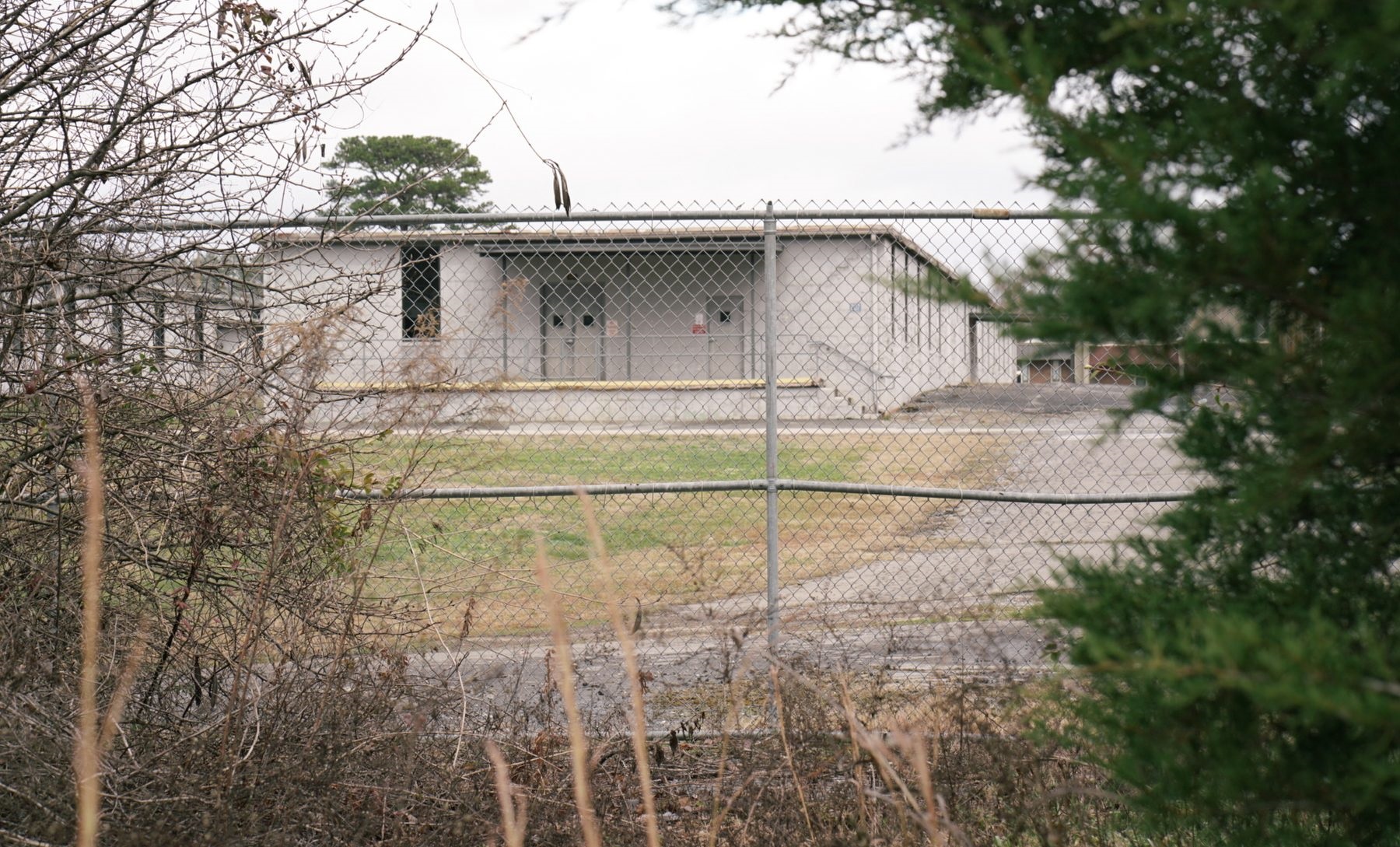The 140-plus acres of Rome’s mental hospital have stayed empty and forlorn-looking since the facility closed eight years ago.
The shuttering of Northwest Georgia Regional Hospital came as the state was just beginning to execute its settlement agreement with the Justice Department over hospital conditions and the lack of community services.
The city government exhausted its options on the dormant property after trying to market it for mixed-use redevelopment over the past eight years, the Rome News-Tribune reported.
Now, though, a local group plans to develop the property as a treatment center for people with mental health and substance abuse problems.
A licensing agreement was announced Wednesday between the state of Georgia and Global Impact International, which aims to turn the campus into a “Hope Village’’ for people suffering from mental illness, drug abuse and poverty.
Jeff Mauer, the Global Impact CEO, said in a statement that “we want to break down silos to form a collaborative, holistic and trauma-informed campus for those with addiction and other behavioral health challenges.’’
He and his wife, Mary Margaret Mauer, are the founders of Restoration Rome, which has brought public, private and faith-based partners together to help foster care in the area.
Mauer says Hope Village will also care for at-risk individuals such as teens aging out of foster care, victims of human trafficking, including sex trafficking, and pregnant teenagers.
The project “is amazing,’’ said Bonnie Moore, a longtime leader of the Rome chapter of the National Alliance on Mental Illness. “We have the need.”
Job training will be offered as well as housing, and there will be some inpatient treatment, Moore said.
Planning for the project will occur over the next year, and the final proposal will be submitted to the state. If it gains the state’s approval, Global Impact will then acquire the campus.
Rome Mayor Bill Collins said in a statement, “We are energized and excited at the prospect of the revival of this campus with a vision to restore families by bringing hope, recovery and jobs to our city.”
Mauer says the project will model itself after centers developed in Kentucky under Gov. Ernie Fletcher in the early 2000s. Fletcher, a physician, is now retired from politics but remains involved in mental health projects through the Fletcher Group.
Mauer said studies have shown the model used by the Fletcher Group has dramatically reduced recidivism, increased employment and helped rebuild lives at all 18 Recovery Kentucky Centers.
State Rep. Katie Dempsey, R-Rome, said in a statement, “I have had the pleasure of working with [the Mauers] and with Governor Fletcher from the very beginning and offer my continued support to help our community bring this vision of hope and recovery to reality.’’
Given the size of the Northwest Regional property, Mauer said he could see residential treatment catering to 700-plus people.
The Fletcher Group will assist the development of funding resources that will make Hope Village sustainable for years into the future, the Rome News-Tribune reported.
“Many of you here today recall the days when this campus was bustling with activity, purpose and life,” Mauer said, according to the newspaper. “I believe it is the will of people in this community that this beloved campus be returned to life — to a life that honors its rich past by serving those most in need in our community and state, and looks to the future with innovative programming based on the latest breakthroughs in behavioral health and trauma-informed care.”
Mauer said he would expect employment across the village to range from 350 to 400, the News-Tribune reported.
“Life and purpose will return to this campus,” Mauer said.
Andy Miller is editor and CEO of Georgia Health News










